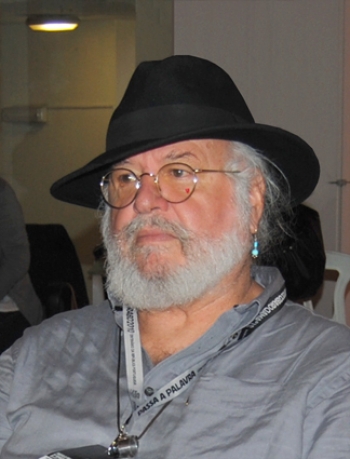

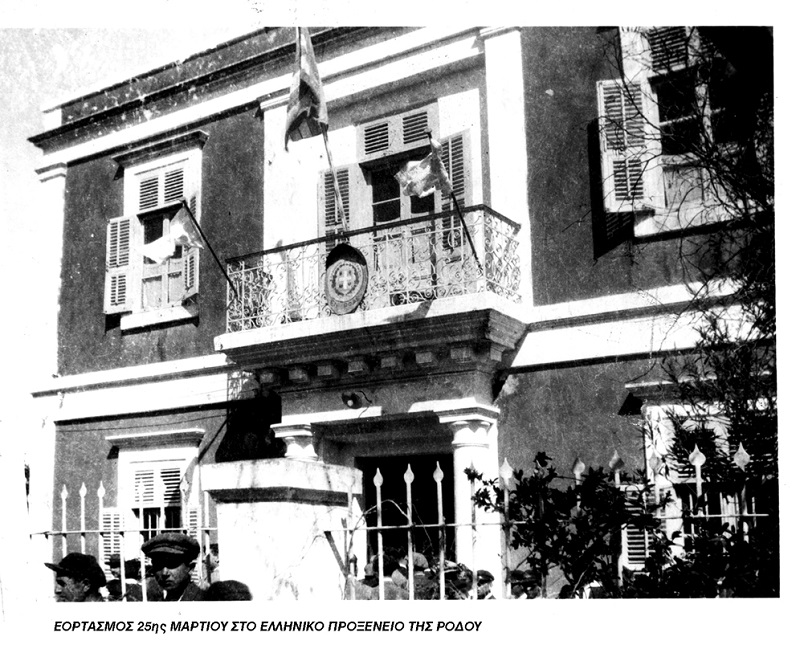
Υπάρχουν γεγονότα που μπορεί να σημαδέψουν τη ζωή μας για πάντα. Που θα μείνουν μέσα μας σαν εικόνες με τσακισμένες άκρες, ξεθωριασμένες, με τις λεπτομέρειες ασαφείς, που όμως είν’ εκεί και που δεν θα σβήσουν όσα χρόνια κι αν περάσουν.
7 Μαρτίου του 1948, πλατεία Δημαρχείου στην Ρόδο. Ήμουν εκεί, πότε κρατώντας το χέρι του πατέρα και πότε καθισμένος στους ώμους του. Παρά τρείς μέρες θα ήμουν 5 χρονών. Τώρα κοιτάζω την φωτογραφία κι ό,τι είναι δισδιάκριτο το συμπληρώνω με την φαντασία.
Κόσμος, πολύς κόσμος, να παραληρεί και να φωνάζει. Το Μαντράκι ασφυκτικά γεμάτο απ’ άκρη σ’ άκρη. Η στρατιωτική μπάντα να παίζει. Θυμάμαι την Αγγλική σημαία να κατεβαίνει και την Ελληνική να υψώνεται στον ιστό του Διοικητηρίου με την μπάντα να παιανίζει τον Εθνικό ύμνο της Ελλάδας. Την θυμάμαι άραγε την συγκεκριμένη σκηνή ή είναι κάτι απο αυτά που η φαντασία και οι μετέπειτα πληροφορίες συμπληρώνουν; Ποιός ξέρει, εγώ πάντως την βλέπω μπροστά μου τώρα. Αυτό που σίγουρα θυμάμαι είναι η μεγάλη βαγιά κάπου εκεί μπροστα στο Δημαρχείο προς τη μεριά του Εθνικού Θεάτρου -Teatro Puccini το λέγαν τότε. Πάνω στη βαγιά, θυμάμαι σαν να ήταν χθες, έναν τύπο, φίλο του πατέρα, να ζητωκραυγάζει με στεντόρεια φωνή. Στα χέρια να κρατά και ν’ ανεμίζει μια ελληνική σημαία, μια σημαία τεράστια σαν σεντόνι, ή έτσι μου φάνηκε τουλάχιστον.
7 Μαρτίου 1948, η ενσωμάτωση της Δωδεκανήσου στην μητέρα Ελλάδα. Είμουν κι εγώ εκεί. Στην φωτογραφία το επι Ιταλοκρατίας Προξενείο της Ελλάδας. Πλήθος κόσμου γιορτάζουν την επέτειο της 25 Μαρτίου. Στο κτήριο αυτό γεννήθηκα και μεγάλωσα. Χτίστηκε το 1893 απο τον προπάππο μου Σάββα Π. Παυλίδη, τον πρώτο Έλληνα δήμαρχο της Ρόδου που καθαιρέθηκε και εξορίστηκε πο τους Ιταλούς κατακτητές. Στην συνέχεια ενοικιάστηκε και στέγασε το Ελληνικό Προξενείο μέχρι το 1940.
There are events that can mark our lives for ever, that will stay in our memories like pictures, photographs with torn edges, faded, with details blurred and difficult to make out. Still, they are there and will not be lost with time.
7 March 1948, Town Hall square in Rhodes. I was there, sometimes holding my father’s hand, other times sitting on his shoulders. I was three days short of my fifth birthday. I look at the photograph now and what is hard to discern I fill in with my imagination.
There are people, a lot of people who shout and cheer. Mandraki is full of people from end to end. A military band is playing. I remember the British flag going down and the Greek flag being raised to great mast of the Government building. Do I really remember or is it one of those scene created by the imagination and later information? Who knows, but as far as I am concerned the picture is right there before my eyes. One thing Ido remember very well is the great palm tree before the Town Hall, on the side of the National Theatre -Teatro Puccini it was called at the time. High up on the palm, I remember as if it were yesterday, a man cheering and shouting at the top of a very loud voice. In his hands he was holding and waving a Greek flag, a huge flag big as a double bed sheet, or so it seemed.
7 March 1948. Rhodes, the Dodecanese is once again united with Greece after more than seven centuries of foreign rule and occupation. I was there.
The picture shows the Consulate of Greece during the Italian occupation, at the celebration of Greece’s National Day, 25 March. This is the house where I was born and grew up. It was built in 1893 by my great grandfather Savvas Pavlidis, the first Greek mayor of Rhodes. After he was exiled by the Italians in 1912 the house became the Greek consulate until 1940 when the Greek-Italian war broke out.
* Το άρθρο απηχεί τις απόψεις του συντάκτη του.
The article expresses the views of the author
iPorta.gr


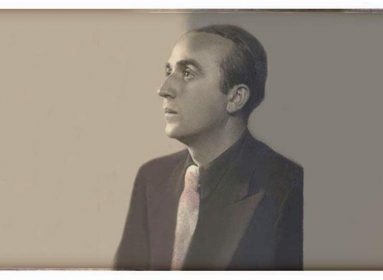

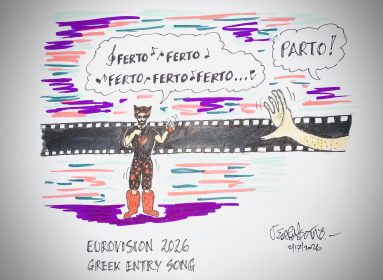
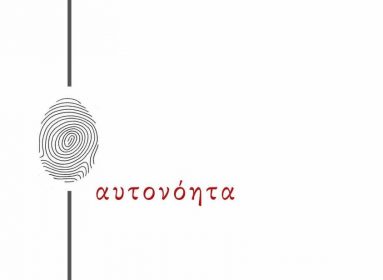
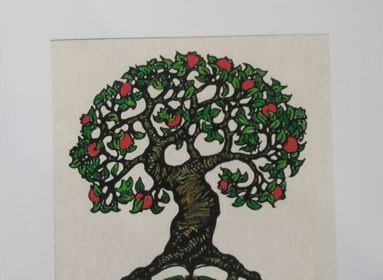
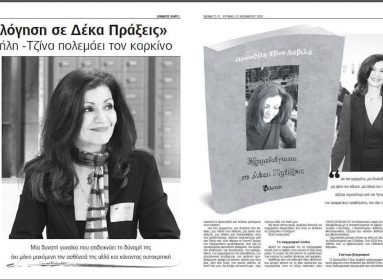
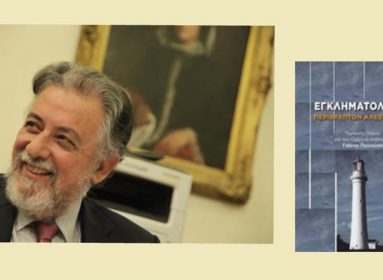









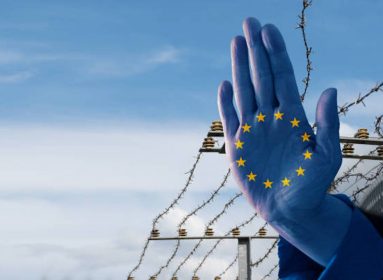


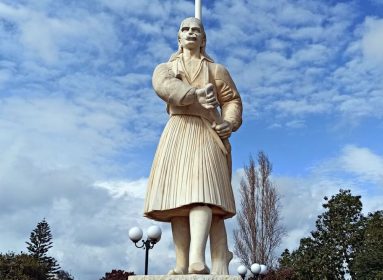
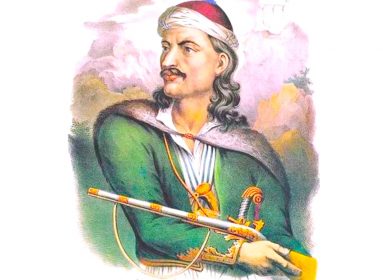
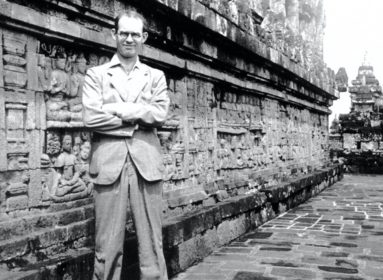
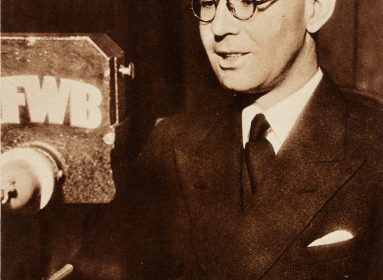
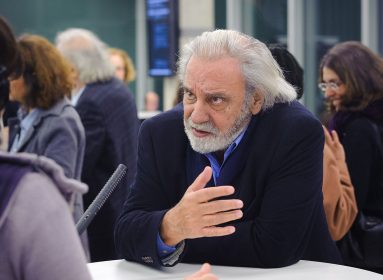


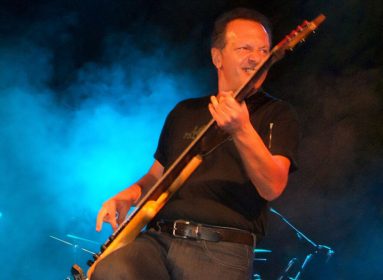
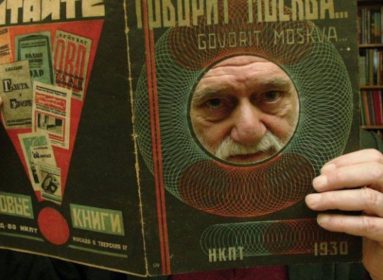
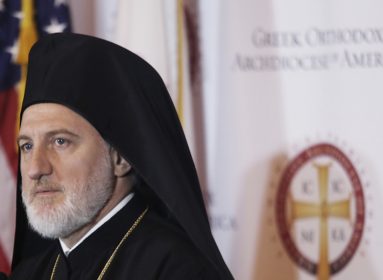
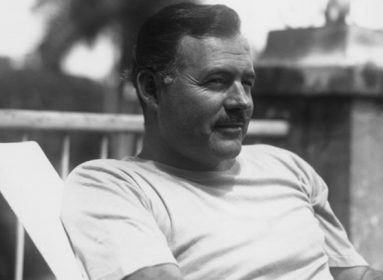





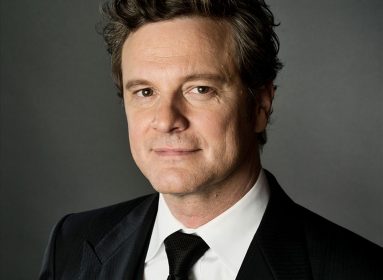


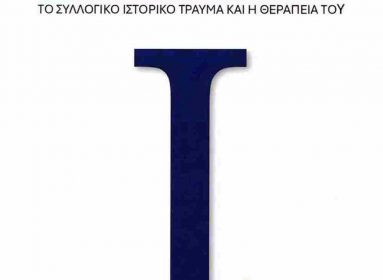
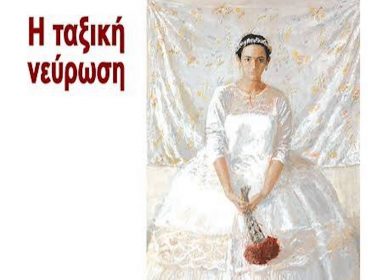

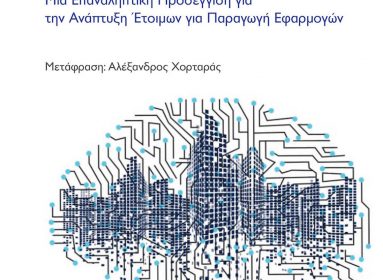

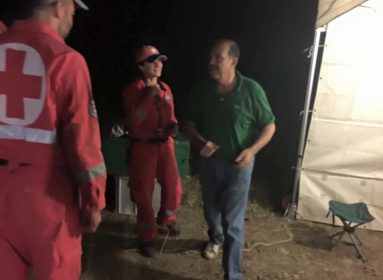
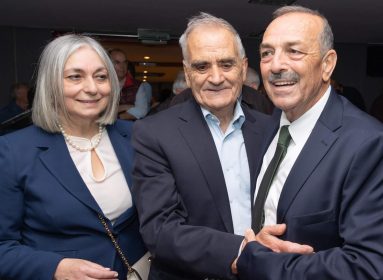


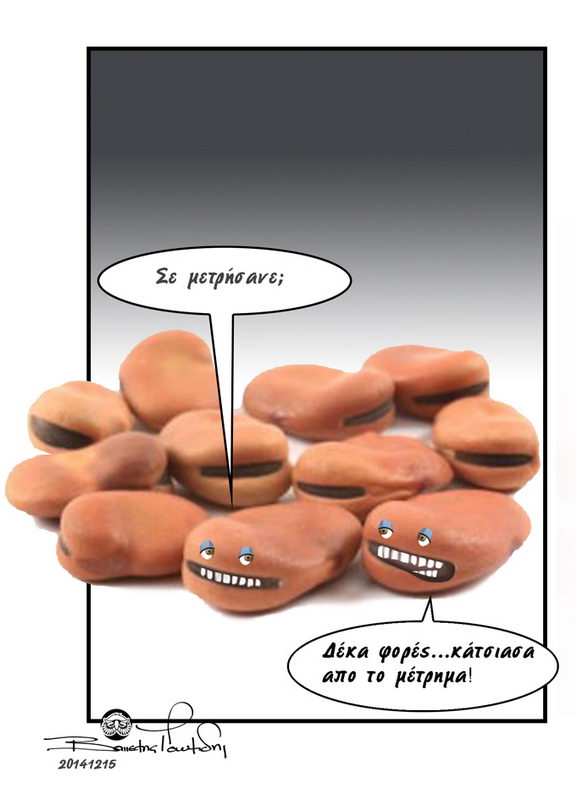
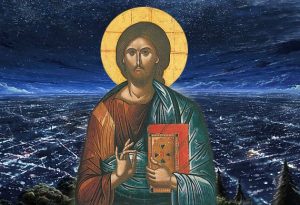


 Το σκίτσο είναι του Βαγγέλη Παυλίδη
Το σκίτσο είναι του Βαγγέλη Παυλίδη
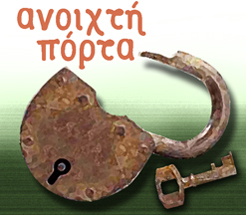
 Στηρίξτε-Ενισχύστε την iΠόρτα με τη δική σας χορηγία…
Στηρίξτε-Ενισχύστε την iΠόρτα με τη δική σας χορηγία…